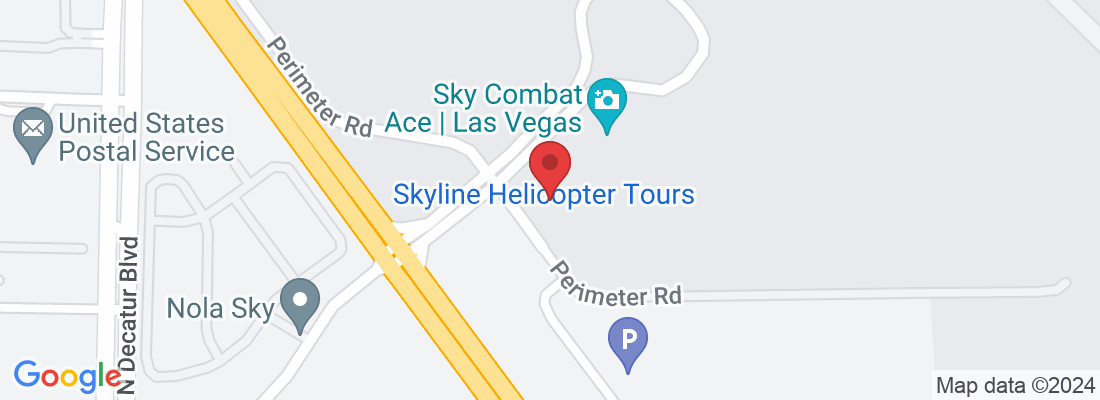
702 AVIATION (702) 508-3288
Why choose 702 Aviation as your fight school?
R-22 & R-44 Helicopters
Cessna 172 & 182 Planes
Private Pilot
Instrument
Commercial
CFI & CFII
High Performance
702 Aviation Offers both Fixed-Wing & Rotorcraft Training
Fixed-Wing
Fixed-wing training typically covers a range of topics and skills, including:
Ground School: Students learn about aviation theory, principles of flight, aerodynamics, aircraft systems, navigation, weather, regulations, and safety procedures through classroom instruction, textbooks, and online resources.
Flight Lessons: Students receive hands-on instruction in operating and piloting fixed-wing aircraft under the guidance of certified flight instructors. Flight lessons cover pre-flight inspections, taxiing, takeoff, maneuvers (such as climbs, turns, descents), navigation, emergency procedures, and landings.
Solo Flight: As students progress in their training and demonstrate proficiency, they may be authorized to fly solo under the supervision of their flight instructor. Solo flights allow students to practice and refine their skills independently.
Cross-Country Flights: Students learn to plan and execute cross-country flights, which involve navigating between different airports, managing fuel and weather considerations, and adhering to airspace regulations.
Emergency Procedures: Students are trained to recognize and respond to various emergency situations that may arise during flight, including engine failures, equipment malfunctions, and adverse weather conditions.
Instrument Training: Students may receive instruction in flying by reference to instruments, which is necessary for obtaining an instrument rating and flying in conditions of reduced visibility or instrument meteorological conditions (IMC).
Checkrides and Examinations: At the conclusion of their training, students undergo practical flight tests and written examinations administered by aviation authorities to obtain pilot licenses and ratings, such as the private pilot license (PPL) or commercial pilot license (CPL).
Rotorcraft
Rotocraft training typically includes the following components:
Ground School: Students learn fundamental aviation theory, aerodynamics, helicopter systems, navigation, weather, regulations, and safety procedures through classroom instruction, textbooks, and online resources.
Flight Lessons: Students receive hands-on instruction in operating and piloting helicopters under the guidance of certified flight instructors. Flight lessons cover a wide range of maneuvers, including hovering, takeoffs, landings, climbs, descents, autorotations, and various flight profiles.
Solo Flight: As students progress in their training and demonstrate proficiency, they may be authorized to fly solo under the supervision of their flight instructor. Solo flights allow students to practice and refine their skills independently.
Advanced Maneuvers: Students learn advanced helicopter maneuvers, such as slope landings, confined area operations, pinnacle landings, autorotations, hovering in ground effect and out of ground effect, and emergency procedures.
Cross-Country Flights: Students learn to plan and execute cross-country flights in helicopters, which involve navigation, managing fuel considerations, and adhering to airspace regulations.
Instrument Training: Students may receive instruction in flying by reference to instruments, which is necessary for obtaining an instrument rating and flying in conditions of reduced visibility or instrument meteorological conditions (IMC).
Checkrides and Examinations: At the conclusion of their training, students undergo practical flight tests and written examinations administered by aviation authorities to obtain pilot licenses and ratings, such as the private pilot license (PPL) or commercial pilot license (CPL) with a rotorcraft-helicopter rating.
Advanced Flight
Advanced flight training refers to specialized training programs designed to enhance the skills and knowledge of pilots beyond the basic requirements for obtaining pilot licenses. These programs are tailored to pilots who have already obtained their private pilot license (PPL) or commercial pilot license (CPL) and wish to further develop their proficiency in specific areas of aviation.
Instrument Rating: This training focuses on flying by reference to instruments rather than visual cues outside the aircraft. Pilots learn to navigate and operate aircraft solely based on instruments, which is essential for flying in adverse weather conditions or under instrument flight rules (IFR).
Multi-Engine Rating: Pilots receive training to fly aircraft with more than one engine. This training covers the unique handling characteristics, performance considerations, and emergency procedures associated with multi-engine aircraft.
Type-Specific Training: Pilots undergo training specific to a particular type or model of aircraft they intend to fly. This training familiarizes pilots with the systems, avionics, and operating procedures of a specific aircraft type, ensuring they can operate it safely and efficiently.
Flight Instructor Certification: Pilots who wish to become flight instructors undergo additional training to develop the knowledge, skills, and instructional techniques necessary to teach others how to fly.
High-Altitude and Mountain Flying: Pilots receive instruction on flying at high altitudes and in mountainous terrain, where unique challenges such as reduced air density, turbulence, and limited landing options must be addressed.Advanced
Navigation and Cross-Country Flying: Pilots refine their navigation skills and learn advanced cross-country flight planning techniques, including long-distance navigation, navigation over water, and international flight operations.
Join a community of aviation enthusiasts at 702. It's more than a flight school; it's an aviation family!

"The instructors at 702 Aviation are not only highly skilled and experienced pilots but also passionate educators who genuinely care about their students' success. Their dedication to providing personalized instruction tailored to each student's needs made all the difference in my learning experience."
• Jane Smith | Brooklyn
Stay on Course with 702 Aviation
Welcome to 702 Aviation, where aviation dreams take flight! At 702 Aviation, we're committed to providing top-tier flight training that empowers aspiring pilots to soar to new heights.
Our comprehensive flight training programs cater to students at every stage of their aviation journey. Whether you're pursuing your private pilot license, aiming for advanced ratings, or seeking career-oriented training, we have the resources and expertise to guide you toward success.
What sets 702 Aviation apart is our personalized approach to training. Our experienced instructors work closely with each student to tailor instruction to their individual learning style and goals. With a focus on safety, professionalism, and hands-on experience, we ensure that every student receives the attention and support they need to thrive.
Located at North Las Vegas airport, our state-of-the-art facilities boast modern aircraft, advanced simulators, and comfortable classrooms equipped with the latest technology. Our convenient scheduling options allow students to balance their flight training with other commitments, making it easier than ever to pursue their passion for aviation.
At 702 Aviation, we're more than just a flight school – we're a community of aviation enthusiasts dedicated to fostering a lifelong love of flying. Join us and experience the thrill of taking to the skies with confidence and proficiency.
Ready to embark on your aviation journey? Explore our programs, meet our team, and take the first step toward achieving your dreams at 702 Aviation.

If you're ready to take to the skies click below to begin your journey!
702 AVIATION
